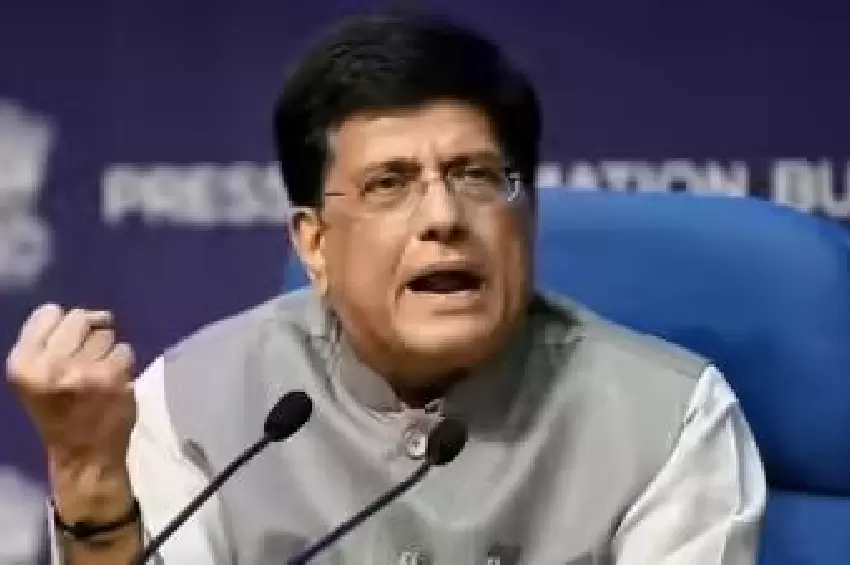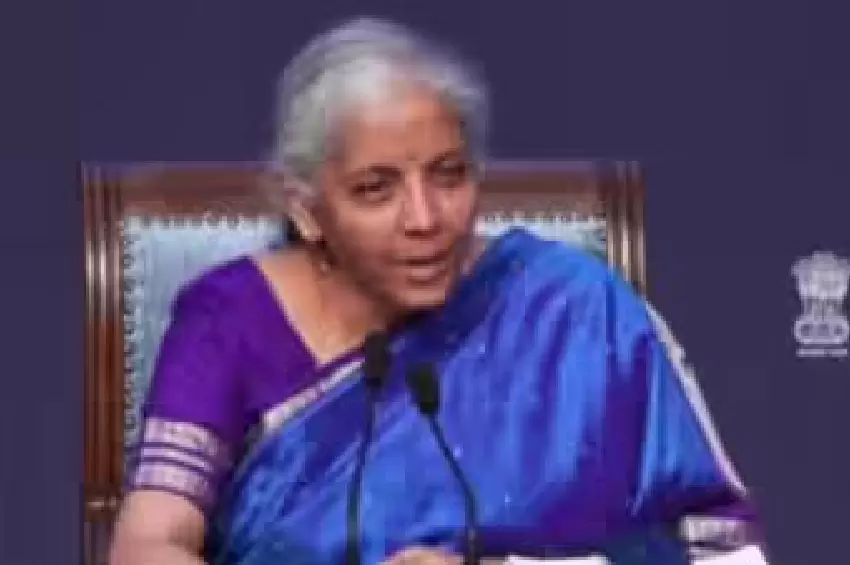Urban Demand Slump and Inflationary Pressures Challenge FMCG Companies
MUMBAI: The outlook for India's consumer goods companies is grim as urban middle-class spending falters, a crucial driver for sales volumes of mass brands. Rising commodity inflation complicates the scenario, making it difficult for firms to avoid further price hikes, which could further dent consumption.

While rural demand remains buoyant, it may not be enough to offset the slowing urban consumption without policy measures to encourage middle-class spending, analysts suggest.
Macroeconomic factors, including limited urban employment opportunities, have pressured the middle class. "There has been a K-shaped recovery post-Covid, with the top income segment expanding faster, squeezing the middle class," says Soumya Mohanty, MD and chief client officer at Kantar. "Without easing inflation or policy/tax incentives, improving mass consumption will be challenging."
The lower middle class, engaged in high-grade blue-collar or low-grade white-collar jobs, has borne the brunt of challenging economic conditions. The FMCG index, which scaled a new high in September, has since lost about 14% as companies face headwinds.
Companies like Godrej Consumer Products anticipate margin pressure due to the inflationary environment, with negative trends likely to persist. Dabur plans to mitigate challenges through price hikes, premiumisation, and cost-saving initiatives. Indicators such as reduced savings rates and increased debt levels reflect constrained disposable incomes, impacting urban FMCG spending.
With companies focusing on premiumisation for growth, analysts foresee potential slowdowns in the premium segment as consumers shift spending to experiences and explore new D2C brands.









Comments